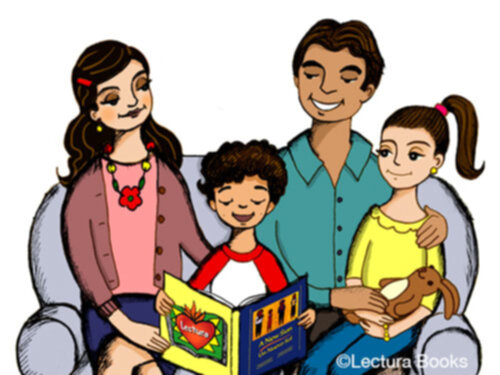Researcher Katherine Kinzler recently wrote an op-ed in the New York Times about a study she conducted with other researchers and a follow-up study, both of which underlined the social advantages of bilingualism and that communication skills were better with bilingual / multilingual kids.

Her study, published in the journal, Psychological Science, showed that children who speak more than one language are better at communication than children who speak just a single language.
She wrote: “We took a group of children in the United States, ages 4 to 6, from different linguistic backgrounds, and presented them with a situation in which they had to consider someone else’s perspective to understand her meaning….Children in multilingual environments have social experiences that provide routine practice in considering the perspectives of others. They have to think about who speaks which language to whom, who understands which content, and the times and places in which different languages are spoken…Interestingly, we also found that children who were effectively monolingual yet regularly exposed to another language — for example, those who had grandparents who spoke another language — were just as talented as the bilingual children at this task. It seems that being raised in an environment in which multiple languages are spoken, rather than being bilingual per se, is the driving factor.”
The second study, to be soon published in Developmental Science looked at even younger children, 14-to-16-month-old babies, and found again that being raised in a bilingual or multilingual environment sharpens social skills.
The bottom line for Kindler is being exposed to more than one language seems to facilitate “the basic skills of interpersonal understanding. Of course, becoming fully bilingual or multilingual is not always easy or possible for everyone. But the social advantage we have identified appears to emerge from merely being raised in an environment in which multiple languages are experienced, not from being bilingual per se. This is potentially good news for parents who are not bilingual themselves, yet who want their children to enjoy some of the benefits of multilingualism.”
For bilingual teaching resources and bilingual books, visit www.LecturaBooks.com
